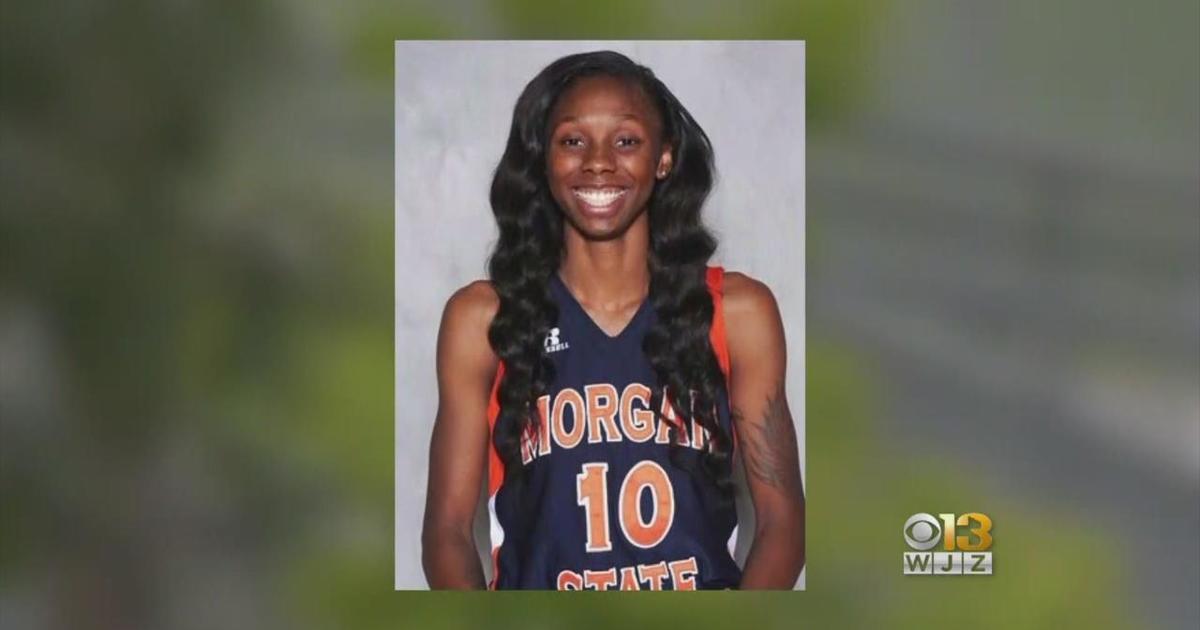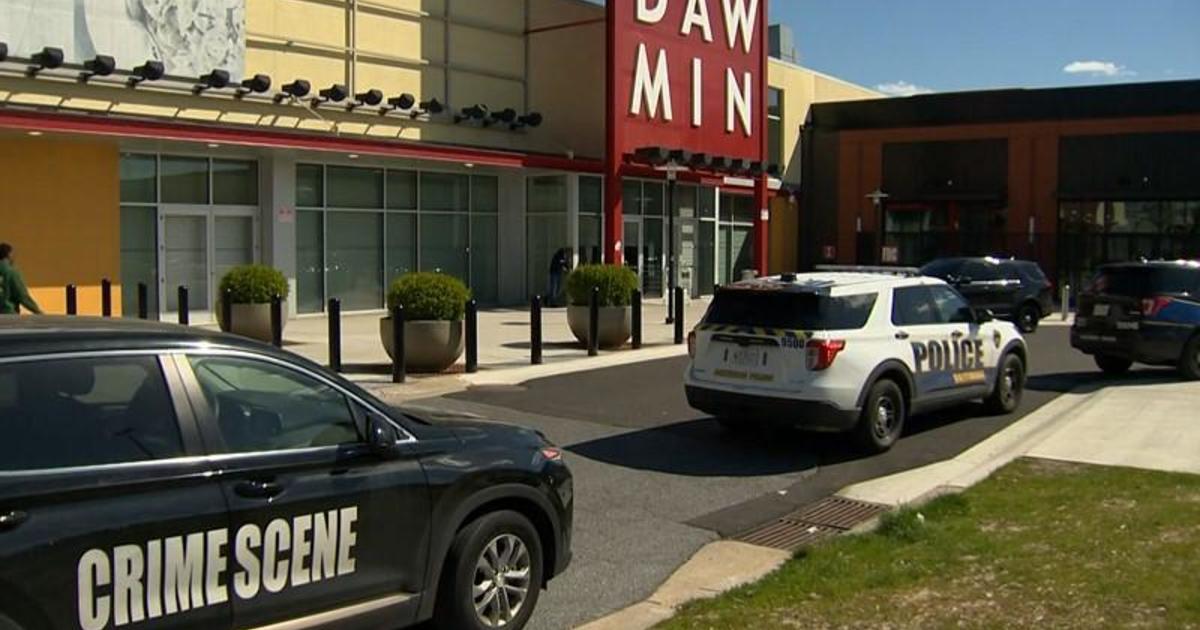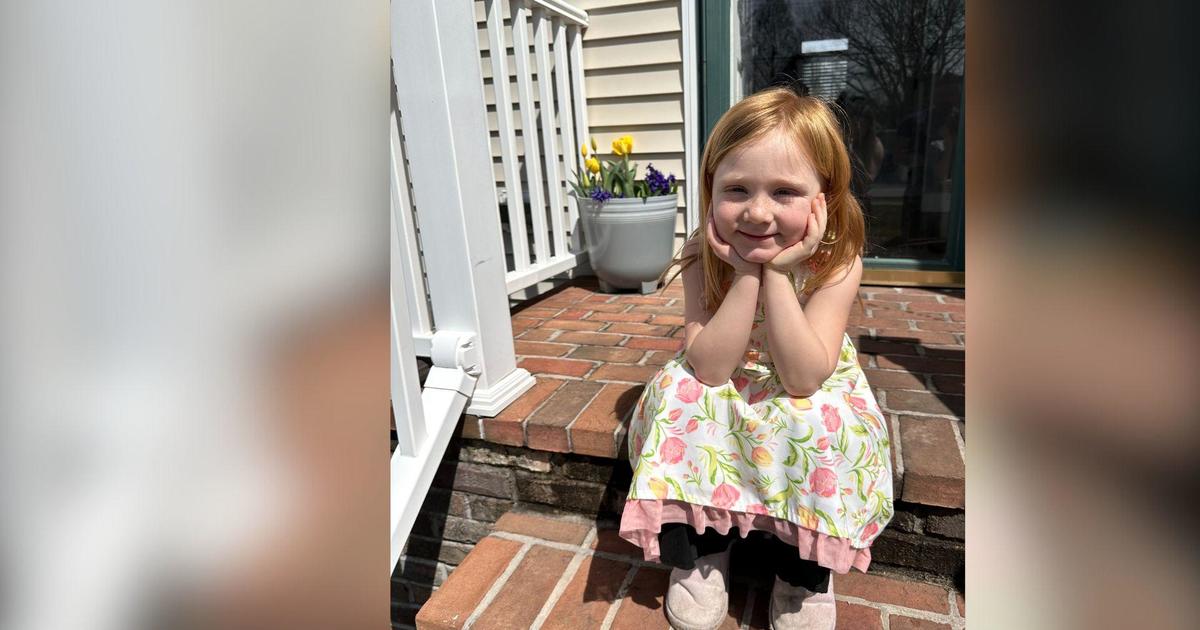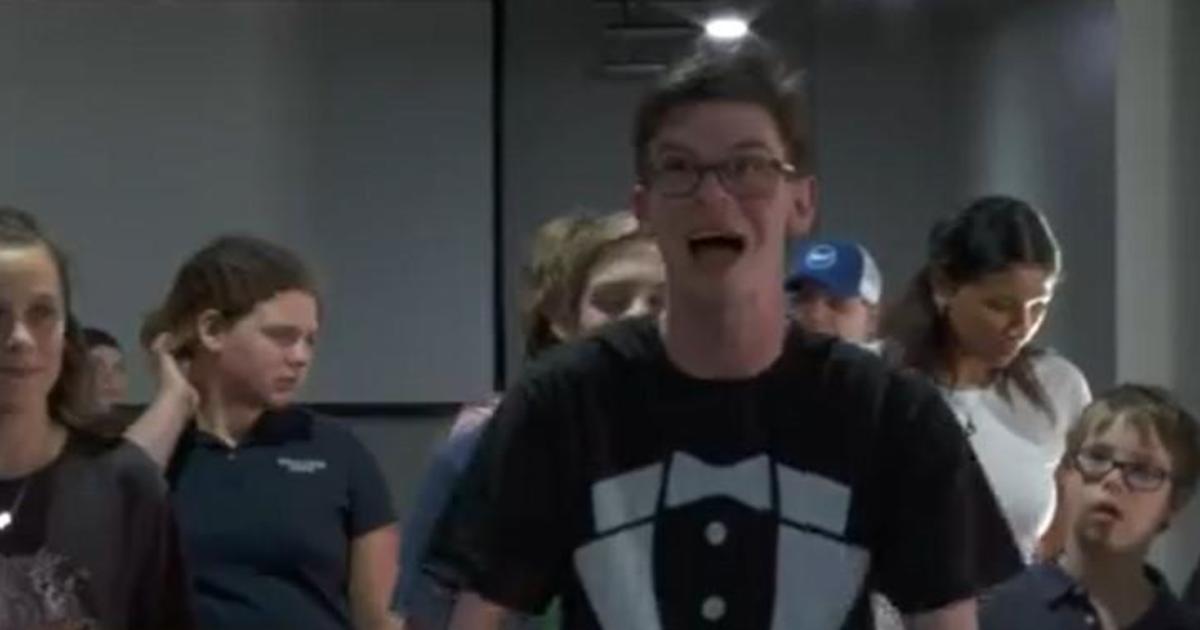Second Phase Of Capital Gazette Mass Shooting Trial Begins
ANNAPOLIS, Md. (WJZ) -- A day after the three-year anniversary of the mass shooting at the Capital Gazette, the second phase of the trial against Jarrod Ramos began on Tuesday.
In opening statements, defense attorney Katy O'Donnell warned jurors some of the evidence that they were about to see was "chilling."
O'Donnell told jurors that her client is guilty of the mass shooting at the Capital Gazette, but said he is not criminally responsible.
Moments after jurors were sworn in, they were confronted with some of the most gruesome images of the 2018 mass shooting at the Capital Gazette.
Ramos' defense team showed video of him shooting out an interior glass door to gain entry to the Capital Gazette before he began shooting over a counter.
After he walked away, the video shows a victim emerge into the camera's frame, climb over the counter and fall to the ground. That victim was later identified as Rebecca Smith -- one of the 5 people killed.
That same camera angle showed victims running for their lives and jumping over their injured colleague. A detective who testified said that some survivors narrowly missed gunshots as they tried to escape.
Another video shows some workers attempt to escape through a back door. One reporter even slipped and hit her face on the handle. However, the employees couldn't get out because Ramos had blocked the door from outside using a barracuda.
Motion-activated video inside the facility later showed Ramos appears in the frame and search around desks just feet away from where some journalists were hiding. Some of those journalists were later rescued by officers.
Images also showed deceased victims on the ground and an officer carrying one survivor on his shoulders because of the shattered glass was on the floor.
University of Baltimore law professor Jose Anderson said it's part of the defense's strategy to show these images before the prosecution shows them.
"I think defense lawyers knowing that they have a case with very troubling facts will try to take the sting out of those facts so that the one issue that needs to be addressed by the jury can be focused on," said Anderson.
Attorneys said the defendant methodically planned the attack against the paper for two years. Officials said he had blueprints of the building and knew the access points.
The defense said the defendant's grievance stemmed from an article the paper wrote about him years before.
Attorneys revealed in court that Ramos had an estranged relationship with his parents and his sister -- once his closest family member who he hadn't spoken with in three years.
Defense attorneys said his sister will testify that Ramos who is 41-years-old, lived an isolated life and when he reached out to an old high school classmate online, communications eventually fell off.
Attorneys explained that she later filed a harassment claim against him after he contacted her place of work to make a complaint against her. When the Capital Gazette wrote about the case, the defendant became obsessed with a perceived inaccuracy in the story.
Attorneys said the grievance against the paper lasted for years until the mass shooting on June 28, 2018.
Evidence revealed in court showed on the day of the shooting, the defendant had a 12 gauge shotgun, earplugs, and smoke canisters to distract first responders. Attorneys played a recording in court where the defendant called 911 to report the shooting. He then hid under a desk till police found and arrested him.
He pleaded guilty to killing Gerald Fischman, Rob Hiaasen, John McNamara, Rebecca Smith and Wendi Winters.
Jurors will have to determine if he's criminally responsible for the murders, Maryland's version of an insanity case.
If Ramos were found not criminally responsible, he would be committed to a maximum-security psychiatric hospital instead of prison. Prosecutors are seeking life without the possibility of parole.
"These cases are exceedingly difficult to win. The requirements and the burdens are fairly high, it's only a rare circumstance that the jury will make the finding that would have the defendant avoid responsibility in the criminal system," said Professor Anderson.
During the proceedings, the defendant's attorneys revealed he had bought a lifetime chess membership for $1,500 prior to the mass shooting. It was suggested that this purchase was in anticipation of him being locked up for life.



